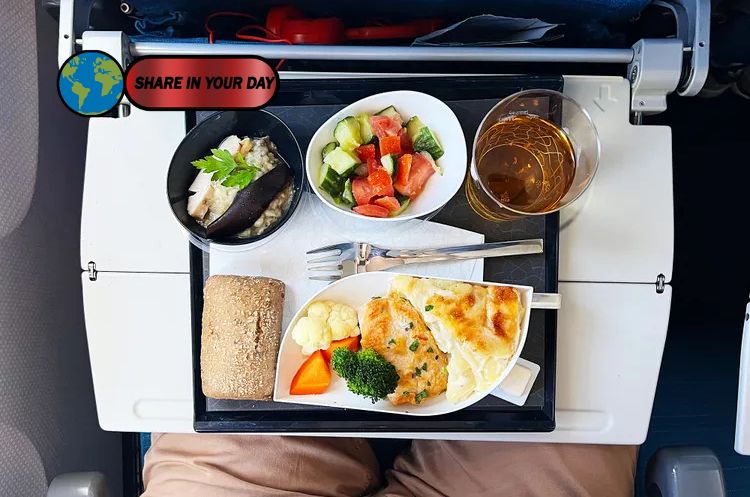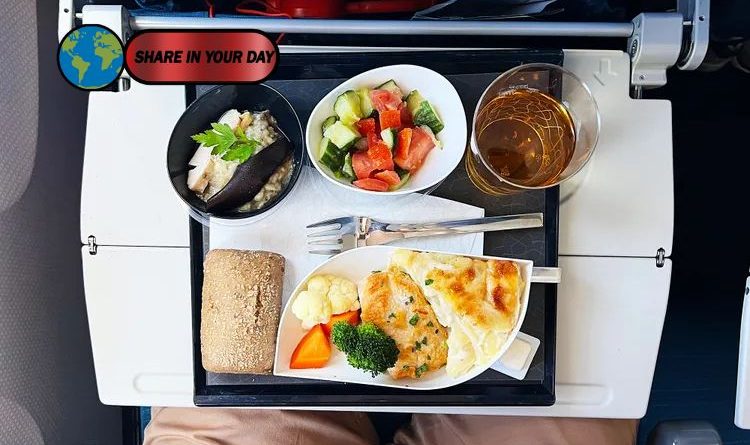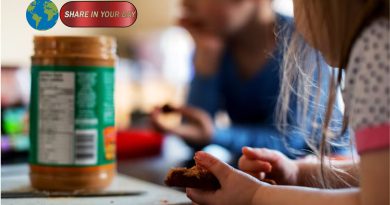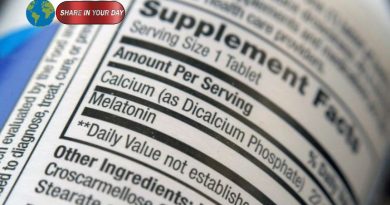Foods to Avoid Before Flying — What Nutrition Experts Say
Flying can already take a toll on the body. Changes in cabin pressure, lower humidity and limited movement all combine to make air travel physically uncomfortable. According to leading nutritionists, one important but often overlooked factor is what you eat and drink both before boarding and during the flight. Travel + Leisure

Why It Matters
When you fly, your body is exposed to conditions that make digestion harder, circulation slower and hydration trickier. Small dietary missteps can lead to bloating, swelling, fatigue and general discomfort. The experts featured in the Travel + Leisure survey emphasise that avoiding certain foods can make your journey smoother. Travel + Leisure
Key Foods and Beverages to Skip
Here are the major categories nutrition professionals recommend avoiding:
- Gas-inducing foods: Legumes (beans, lentils) and cruciferous vegetables (cabbage, broccoli, Brussels sprouts) are flagged because they naturally generate gas — and the low-pressure environment in the cabin can cause that gas to expand and intensify discomfort. Travel + Leisure
- Carbonated drinks: Fizzes and sodas may be tempting, but carbonation increases bloating. In a pressurised cabin, it can make you feel fuller faster and more uncomfortable. Travel + Leisure
- High-sodium snacks: Chips, salted nuts and any heavily salted dish are best skipped. Salt draws water and contributes to fluid retention and swelling — in your feet or ankles especially while seated for long periods. Travel + Leisure
- Added sugars / lightweight carbs: A snack high in sugar but low in protein or fat may lead to a quick crash in energy. In a travel setting where fatigue already sets in, that sluggishness is magnified. Travel + Leisure
- Alcohol & strong coffee: Cabin dry air dehydrates you; alcohol and caffeine both worsen that effect. Additionally, they may interfere with sleep, digestion and circulation on the plane. Travel + Leisure
- Tap water or poorly sealed drinks: Some dietitians caution that the water system on aircraft isn’t always up to the same standards as on-ground — better to choose sealed bottled water. Travel + Leisure
What to Eat Instead
Avoiding the above isn’t about restricting yourself completely. The experts recommend focusing on hydrating, protein-rich, easy-to-digest foods. For example:
- Unsalted nuts, Greek yoghurt, meat sticks, hummus with veggie sticks — these supply protein and are satisfying. Travel + Leisure
- Fresh fruit, leafy greens, cucumber or apple slices with raw nuts — with high water-content and nutrients to keep your system light. Travel + Leisure
- Drink plenty of water (or unsweetened coconut water) before and during your flight; avoid reaching for heavy caffeine or alcohol instead. Travel + Leisure
Final Take
In sum: your meal choices before flying matter. By skipping gas-promoting foods, high-salt snacks, sugary treats and dehydrating drinks — and opting for balanced, hydrating, whole-food snacks instead — you give your body a better chance of arriving feeling more comfortable and less stressed.




